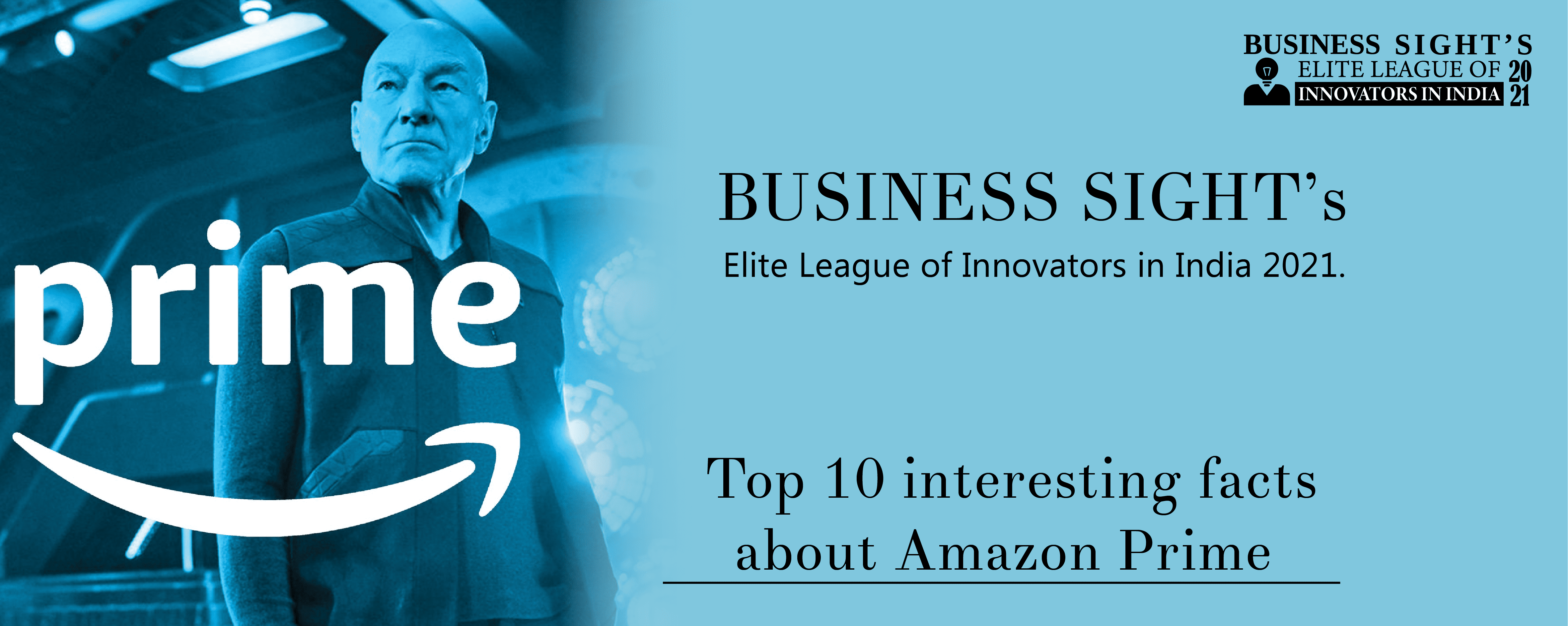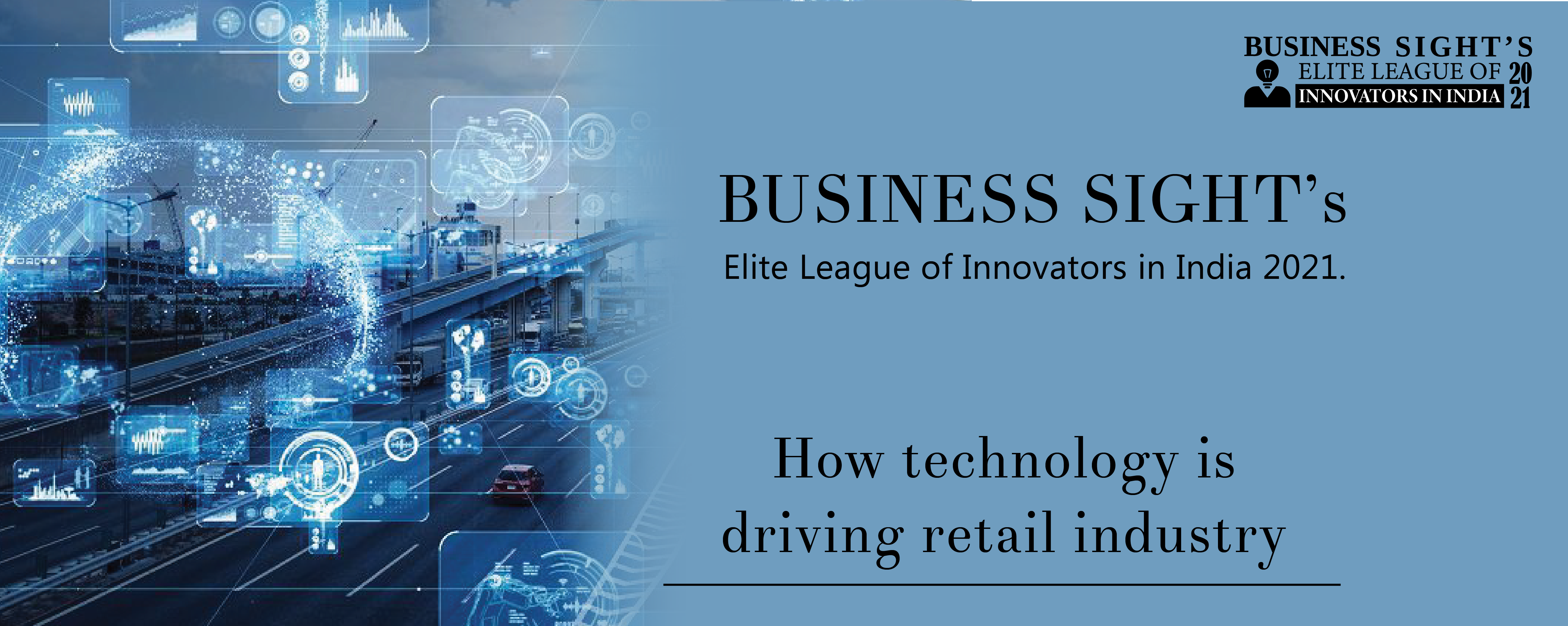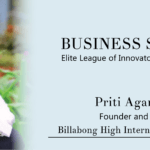The worldwide outbreak of the COVID virus has pushed everyone to their limits without doubt and the KPO industry is no different. Due to the lockdown imposed in March 2020, all the KPO and LPO companies in India had to shut the offices in a haste, and move to a remote working environment overnight. While working remotely is a phenomenon very familiar to the companies in this sector, the scale at which it had to be implemented – i.e. the complete workforce working remotely, was previously unknown and was the first challenge that the companies had to deal with. Then came the challenges like communication and ensuring proper coordination between the teams, which were promptly solved by leveraging the technology offered by platforms like Zoom, Gotomeeting, Google Meet etc.
KPO predominantly being a services sector, did feel a pinch of the worldwide economic slowdown – many companies across the globe, who were the clients of Indian KPO companies, minimized their spending on the work that was being offshored to India – consequently, the business was impacted, albeit in a lesser magnitude compared to other sectors such as Retail, Aviation, Hospitality and even IT, and there was no news of mass layoffs from any of the companies operating in the industry.
But the impact of COVID was not restricted only to business, for companies in KPO space, people are perhaps the most valuable assets – and past months have definitely impacted employees in a profound manner. On the upside, the employees have a comfort of job security– a big motivation in these uncertain times. Also, the “work from home” is appreciated by many given the safety it provides, and the zero travel time has given employees a couple of extra hours to do the things they like. However, a bulk of the workforce in KPO companies comprises of youngsters. For them, the COVID situation has definitely brought a plethora of problems – a bulk of the workforce in KPO sectors lives in unfurnished flats or as Paying guests. With a work from home situation being imposed on them – many are struggling with the thinning lines between work and personal lives. Many do not have the necessary infrastructure to set up a “home office” in their place, and are struggling to maintain the right posture while working long hours in front of a computer – hardly an ideal situation. For working mothers, the problems seem to have increased many folds – they now have to juggle between the online classes of their children and their office work. Further, with the physical interaction being limited in their respective environments, many employees reported having psychological issues and higher stress levels.
Conclusion –
With about four months deep in the pandemic, the Indian KPO sector has fared well under the pressure so far. They did feel the pinch, and had to struggle to cope under the situation, however, the worst may not be over yet – as we move deeper in the pandemic, more clients across the globe will look forward to cut costs, and this will in turn put cost pressures on the Indian KPO companies. Unfortunately, being a services dominated sector, the cost cutting options for a KPO are limited – they can hardly control an inventory size to cut costs, and are most likely to respond to the situation by cutting the personnel costs leading to salary cuts and job losses. Companies that have been prudent planners and have cash reserves will sail through well, but some smaller players will perhaps feel the most pinch in times to come. Some larger companies may see this pandemic as an opportunity to acquire smaller players, and we may see some consolidation in the KPO space.
About the Author –
Manoj Poonia serves as Vice President, Effectual Services, one of the leading IP consulting companies in India, and has an overall experience of 14 years working in the IP offshoring industry. During his stint, he has consulted a number of Fortune 100 companies, and AmLaw 100 Law firms in offshoring their work to India. By training he is a Chemical Engineer from IIT Bombay and a Lawyer from Delhi University.

















